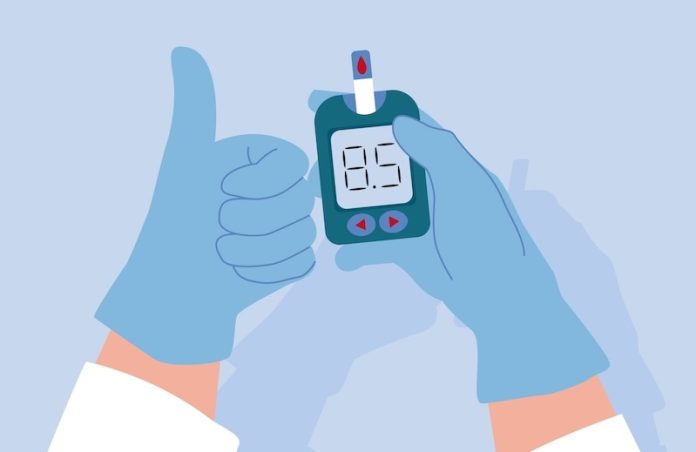
Empagliflozin, or Empa, is a medication often used to help people with type 2 diabetes manage their blood sugar. Now, researchers think it might have another benefit: improving the health of blood vessels as people age.
This recent study explores how Empa could potentially reduce the stiffness of arteries, which tends to increase with age and often leads to heart problems.
In the study, scientists first looked at blood vessel health in two groups of people: 18 young adults with an average age of 25 and 18 older adults around the age of 61. They measured how well the blood vessels worked and how stiff the main artery, the aorta, was in each group.
Just as expected, the older adults had stiffer arteries and weaker blood vessel function compared to the younger group.
This confirms what we already know about how blood vessels change as we age – they become less flexible, which can make it harder for blood to flow smoothly and increases the risk of heart disease.
To explore Empa’s effects on aging blood vessels, the scientists moved to animal testing. They used male mice that were 72 weeks old, roughly equal to middle-aged humans. The mice were divided into two groups.
One group received food with Empa mixed in, while the other group had regular food with no added medication. After six weeks, the researchers checked the mice to see if there were any changes.
The results were interesting: the mice that had eaten Empa-enriched food showed better blood vessel function and had less stiffness in their arteries. This suggested that Empa might indeed help blood vessels stay more flexible, even in older age.
Empa belongs to a group of drugs called SGLT2 inhibitors, which help to manage blood sugar in people with diabetes. SGLT2 inhibitors work by stopping the kidneys from reabsorbing glucose, or sugar, back into the blood, so it leaves the body through urine instead.
This helps lower blood sugar levels. However, scientists are now curious to see if the drug’s benefits might extend beyond blood sugar control and include positive effects on blood vessels, especially as people get older.
Dr. Camila Manrique-Acevedo, a professor at the University of Missouri and one of the study’s authors, notes that this is the first study to look at how SGLT2 inhibition, the mechanism behind Empa, might reverse some aspects of aging in blood vessels.
The hope is that the drug could eventually help older adults maintain healthier blood vessels, reducing their risk of heart disease.
Aging arteries can become stiffer and less effective at managing blood flow, which puts more strain on the heart. Currently, doctors recommend lifestyle changes like exercising regularly, eating well, and losing excess weight to help keep blood vessels healthy.
For some people, medications to manage blood pressure or cholesterol are also prescribed. However, as people live longer, doctors are interested in additional ways to improve the health of blood vessels in aging populations.
While these early results are promising, further studies are needed to determine if Empa could have the same benefits in humans. Animal studies are a good starting point, but effects can sometimes differ between animals and humans.
Future studies will likely explore the safety and effectiveness of using Empa in older adults who may not have diabetes but are at risk for heart problems due to their age.
This research was supported by funding from the National Institutes of Health and a VA Merit Grant, and the researchers have noted no conflicts of interest.
The findings open the door to the possibility that a drug initially created for diabetes could one day serve as a tool for heart health as well.
If you care about diabetes, please read studies about Vitamin D and type 2 diabetes, and what you need to know about avocado and type 2 diabetes.
For more information about diabetes, please see recent studies about how to eat to prevent type 2 diabetes, and 5 vitamins that may prevent complication in diabetes.
Copyright © 2024 Knowridge Science Report. All rights reserved.



